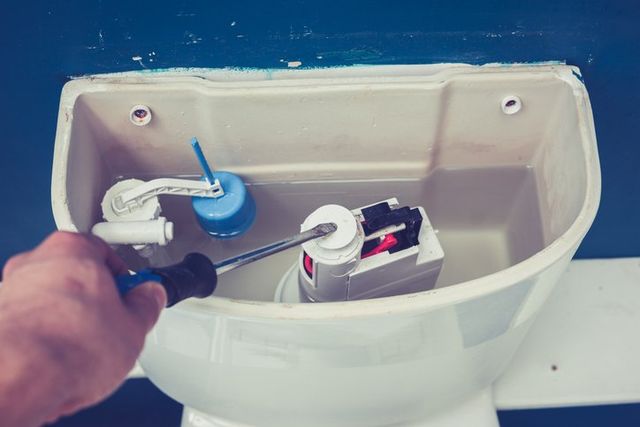Nearly everybody has his or her own opinion on the subject of Is Your Water Heater Leaking?.

A hot water heater is one of one of the most vital basic home appliances that can be located in a home. With water heaters, you do not require to experience the stress of heating water manually whenever there is a demand to take a bath, do the laundry, or the meals. There is constantly an opportunity that your water heating system would act up as with most mechanical gadgets.
It is necessary to note any little breakdown and also tackle it quickly before points leave hand. A lot of times, your hot water heater begins to malfunction when there is a build-up of debris as a result of constant use. As a precaution, regular flushing of your water heater is suggested to prevent debris buildup as well as prevent practical failing.
Typical water heater emergency situations and exactly how to manage them
Too little warm water
It may be that the water heater can not sustain the warm water demand for your home. You might upgrade your water heating system to one with a larger capacity.
Fluctuating water temperature level.
Your water heater could begin generating water of different temperature levels typically ice scalding or chilly hot. There might be a need to replace either the home heating or the thermostat device of your water heating system.
Dripping hot water heater container.
A leaking tank could be a sign of deterioration. It might cause damage to the flooring, wall surface and electric gadgets around it. You could also go to risk of having your apartment swamped. In this situation, you must shut off your hot water heater, allow it to cool down, as well as thoroughly seek the source of the issue. Sometimes, all you need to do is to tighten a few screws or pipeline links in cases of small leakages. If this doesn't function and the leak continues, you may require to employ the solutions of a technician for an appropriate replacement.
Discolored or odiferous water
When this takes place, you require to know if the concern is from the storage tank or the water source. If there is no amusing smell when you run chilly water, then you are particular that it is your water heater that is malfunctioning. The stinky water can be triggered by corrosion or the accumulation of microorganisms or sediments in the water heating unit container.
Verdict
Some property owners neglect little caution and minor faults in their water heater system. This just brings about more damages and a possible total malfunction of your device. You should handle your water heater faults as quickly as they come up to stay clear of more expenses and unnecessary emergency troubles.
With water heaters, you don't require to go through the anxiety of heating water by hand every time there is a requirement to take a bath, do the washing, or the meals. It may be that the water heater can not sustain the hot water demand for your home. Your water heating unit could begin generating water of different temperatures normally ice chilly or hot hot. If there is no funny scent when you run cool water, after that you are specific that it is your water heating system that is defective. The smelly water can be caused by corrosion or the build-up of bacteria or debris in the water heating unit storage tank.
Common Water Heater Issues and What You Should Do
What Type of Water Heater Do You Have?
Before we begin it’s first important that you identify the type of water heater you have on your property. There are two main types of water heaters out there: conventional and high efficiency.
Both of these types of products typically use either gas or electricity to heat power. There are also solar water heaters that use a thermal collector on the roof or yard to heat the water.
While these models are not as common, they can cut heating costs in half. In this article, we will focus on conventional and high efficiency.
How Do My Electric and Gas Water Heater Work?
Though they look similar, electric and gas water heaters work very differently. It’s important to know their basic function because often problems can be specific to the heating source.
In the electric model, a thermostat on the side of the machine detects the temperature of the water in the tank. When the temperature needs to rise electricity flows to a heating element suspended in the water.
Gas models also use a thermostat device — typically with a mercury sensor at the tip and an additional sensor called a thermocouple. The thermocouple detects whether the pilot light is on and controls the flow of gas.
When the thermostat drops below the appropriate level gas is released which becomes ignited by the pilot light. The flame heats the bottom of the water tank which causes hot water to rise and cold water to drop.
This natural circulation continues until the water reaches the desired temperature. Then, the thermostat triggers the gas control valve to shut off the flow of gas.
What Are the Most Common Issues and How Do You Fix Them?
https://happyhiller.com/blog/common-water-heater-issues-and-what-you-should-do/

We were brought to that report on Is Your Water Heater Leaking? through an acquaintance on a different website. Be sure to take the time to distribute this write-up if you enjoyed reading it. I appreciate reading our article about The Importance of Water Heater Maintenance.
Precision and quality here.